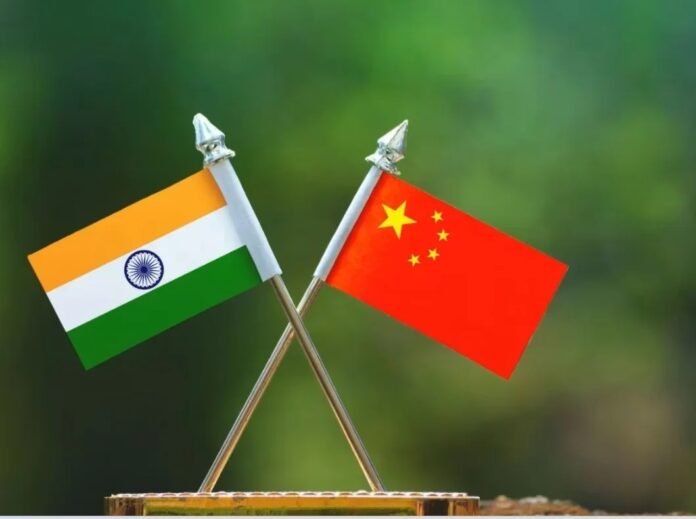
The 30th meeting of the Working Mechanism for Consultation and Coordination (WMCC) on India-China Border Affairs took place in New Delhi, marking a significant step in the ongoing efforts to manage the complex dynamics along the Line of Actual Control (LAC). This meeting comes at a crucial time, as both nations seek to restore peace and tranquility in the border areas, a prerequisite for normalizing their bilateral relations.
The Indian delegation was led by Gourangalal Das, Joint Secretary (East Asia) from the Ministry of External Affairs, while the Chinese delegation was headed by Hong Liang, Director General of the Boundary & Oceanic Department of the Chinese Ministry of Foreign Affairs. The discussions were described as in-depth, constructive, and forward-looking, reflecting a mutual commitment to resolving outstanding issues promptly.
Focus on Peace and Tranquility
Building on recent discussions between the two Foreign Ministers in Astana and Vientiane, the delegations reviewed the current situation along the LAC. Both sides emphasized that the restoration of peace and tranquility, as well as respect for the LAC, are crucial for the normalization of bilateral relations. They agreed on the necessity to jointly uphold peace and stability in the border areas, adhering to relevant bilateral agreements, protocols, and understandings reached between their governments.
Commitment to Diplomatic and Military Channels
The meeting underscored the importance of maintaining momentum through established diplomatic and military channels. The leader of the Chinese delegation also paid a visit to the Indian Foreign Secretary, Ambassador Misri, who previously served as the Indian ambassador to China, further demonstrating the commitment to dialogue and cooperation.
High-Level Engagements
During an official visit to Laos on July 25, Indian External Affairs Minister Dr. S. Jaishankar met with Chinese Politburo member and prominent diplomat Wang Yi. Both leaders attended the Foreign Ministers’ Meetings under the ASEAN framework, including sessions of the ASEAN-India, East Asia Summit (EAS), and ASEAN Regional Forum (ARF). Jaishankar shared on X (formerly Twitter), “Met with CPC Politburo member and FM Wang Yi in Vientiane today. Continued our ongoing discussions about our bilateral relationship. The state of the border will necessarily be reflected in the state of our ties. Agreed on the need to give strong guidance to complete the disengagement process. Must ensure full respect for the LAC and past agreements. It is in our mutual interest to stabilize our ties. We should approach the immediate issues with a sense of purpose and urgency.”
Historical Context and Ongoing Efforts
The history of India-China relations has been marked by tension and periodic engagement, especially following the border clash in Ladakh in 2020. Since then, numerous high-level talks have aimed at de-escalating tensions and managing the border situation. These efforts include Corps Commander-level talks, diplomatic engagements at the BRICS summit, and bilateral meetings at international forums. Despite these discussions, the border remains a sensitive issue, with both nations maintaining a significant military presence along the LAC.
Economic Ties Amidst Tensions
Despite the ongoing tensions, economic ties between India and China have persisted. India has taken measures to reduce its economic dependence on China, such as banning several Chinese apps and increasing scrutiny of Chinese investments. Nevertheless, China remains one of India’s largest trading partners. In FY 2024, bilateral trade between the two countries totaled $118.4 billion, with imports from China at $101.7 billion and exports from India to China at $16.67 billion.
Summing Up
The 30th WMCC meeting marks a constructive step in the ongoing dialogue between India and China, reflecting a shared commitment to peace and stability along the LAC. While challenges remain, the continued engagement through diplomatic and military channels provides a framework for addressing and resolving outstanding issues. As both nations navigate this complex relationship, maintaining open lines of communication and mutual respect will be essential for fostering long-term stability and cooperation.

